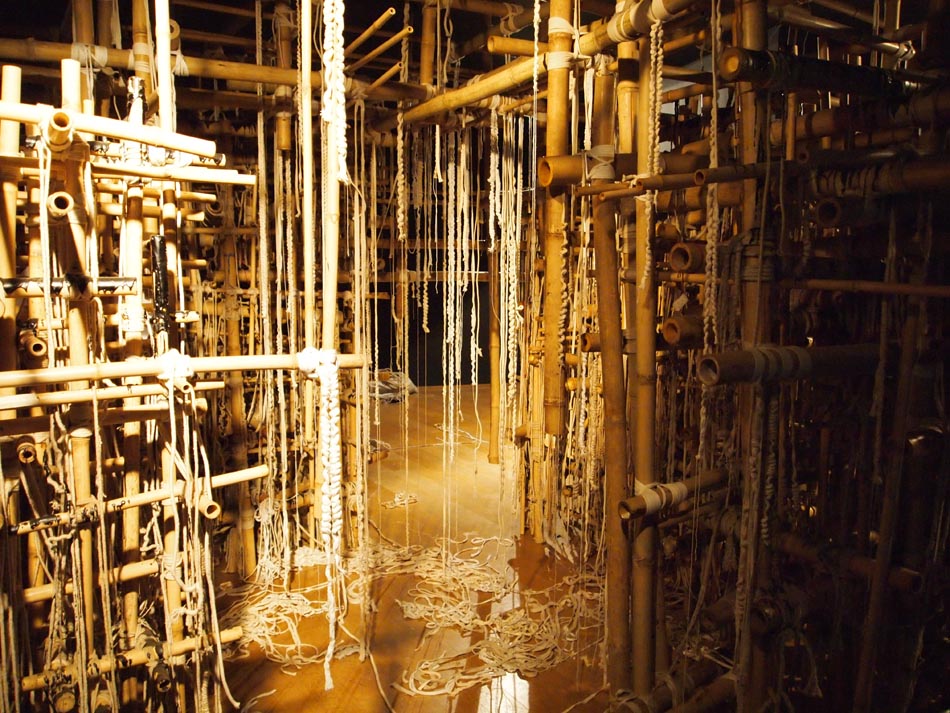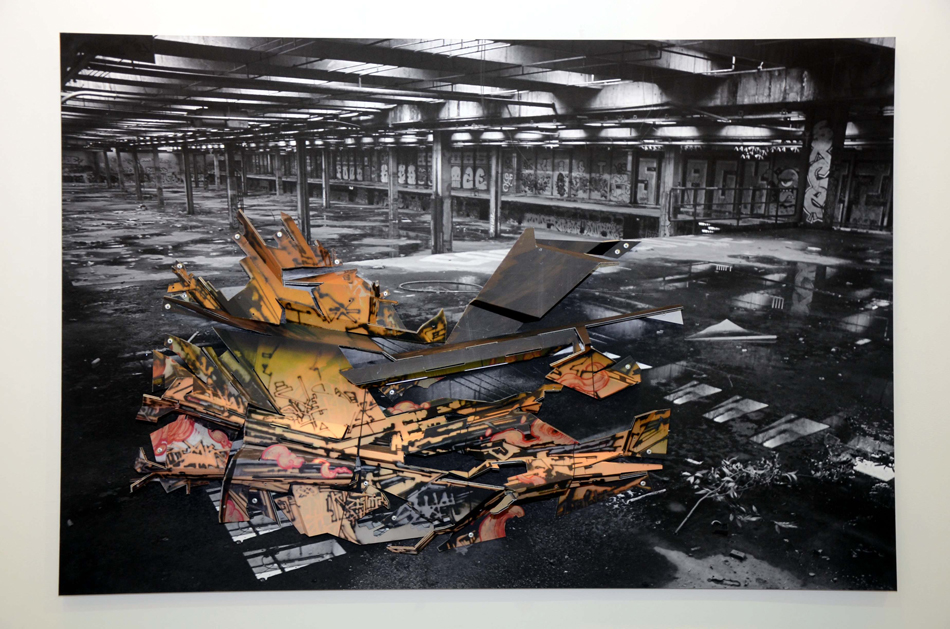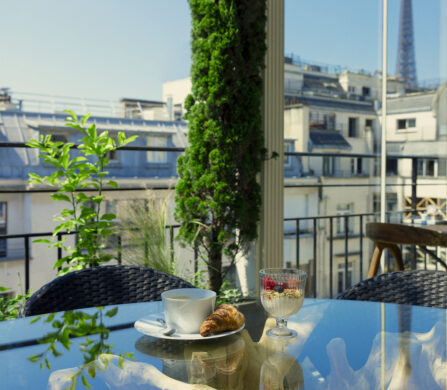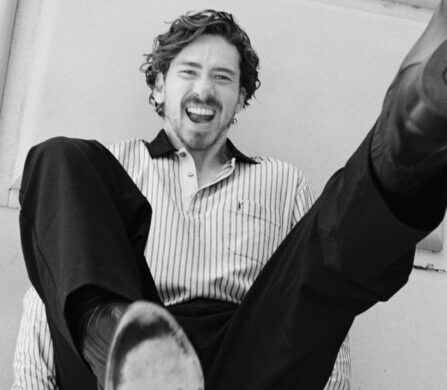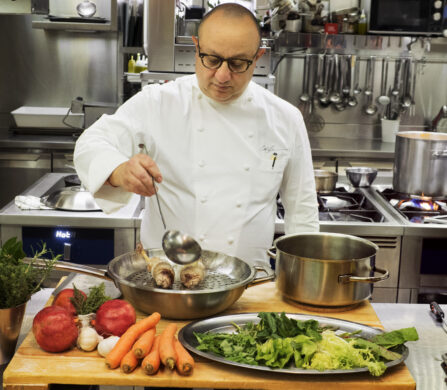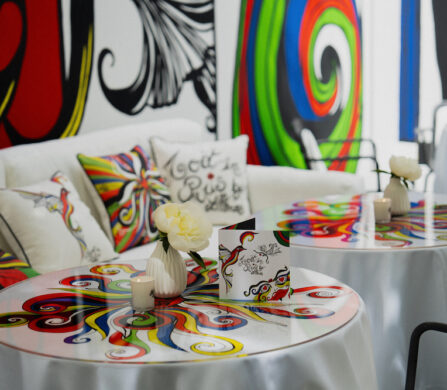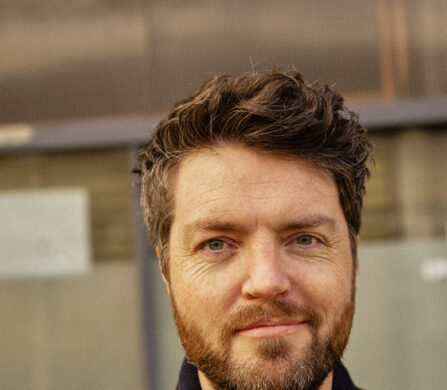Courtesy of Galerie Daniel Templon, Paris.
Delhi-based artist Asim Waqif comes to Galerie Daniel Templon in Paris to showcase his bamboo project, “Venu.” Having studied architecture, Waqif integrates structural design methods into his work, in which he focuses on ecological issues. Schön! sits down with the artist to discuss his latest work.
What was your inspiration behind “Venu?”
I was doing a lot of research in vernacular design in India. I’ve been using bamboo since my student days, because it is a very cheap and versatile material. When I made my first two bamboo installations, I felt that a lot of people were typecasting me as a romantic traditionalist, as though I was trying to say that the modern world was bad, and that we should go back to an old way of living. But that was not what I was trying to say. Over the years I’ve been trying to integrate experimental electronics, robotics, and custom manufactured hardware into something that is visually vernacular and traditional.
What does Venu mean?
Venu is an orthodox Hindi word, which means bamboo. It also has musical connotations because of the flute, and also refers to the traditional Hindu text. One of the avatars of Vishnu is Krishna, where he has to play the flute, so even he is referred to Venu at times. It has various meanings.
What are the sounds you have incorporated in the installation?
To a certain extent, the sounds are trying to replicate the sounds of crickets. It is actually an electronic device that just goes “click” when it goes on, and “click” when it goes off. I’m trying to use electronic sounds to create a natural ambiance. The way the electronic system is designed is almost as if it is a living creature that has slowly taken over an abandoned space.
How does your background in architecture influence your work?
Fortunately, I didn’t study art. Art students are too conscious of what has already been done. A lot of the time they are running away from what has been done, to do something new. This obsession of doing something new can be counterproductive in the creative world.
The other thing is that once an art student comes out of art school, they feel like they have to make art for the rest of their lives. That is a very complex compulsion to have. I don’t feel the need to make art for the rest of my life. I look at it as a medium, rather than as an end unto itself.
How does Delhi influence your vision?
Urban design in Delhi is pathetic. Most of our urban planning has been following European or American models for 30 or 40 years. While America has moved to other models, Delhi still follows some ancient models. People don’t realise that space can have a strong impact on them. It affects them subconsciously.
A lot of my work is in public spaces, so I’m curious as to how much you can push the boundaries on what is public and what is private. Public space is a very strange word because in public spaces, you’re not allowed to do anything. In private spaces, on the other hand, you can do anything. Public spaces are not really public in that sense.
How do you feel about isolation or rural life?
I love isolation. I do a lot of hiking by myself in the Himalayas, especially in desolate areas. Sometimes I don’t meet anybody for days. I don’t have a guide and I use my own maps. I think in essence, I’m a loner.
People in cities are more alone than people in rural areas. People in rural areas have a much more integrated lifestyle with their community and their environment.
What upcoming projects do you have?
I’m creating a large installation in Marrakesh that will be focusing on the idea of waste. I’m also doing a project for the Bangladesh Art Summit in February 2014. There are a couple of projects I plan to show at the Queens Museum later, maybe in 2015. I’m actually quite happy not having too many things planned out for the future. I prefer short-term projects.
“Venu” by Asim Waqif is at Galerie Daniel Templon in Paris, France from now until December 21, 2013.
Words/ Sheri Chiu
Click the below links to view the newest Schön! Magazine
Download Schön! the eBook
Schön! on the Apple Newsstand
Schön! on Google Play
Schön! on other Tablet & Mobile device
Read Schön! online
Subscribe to Schön! for a year
Collect Schön! limited editions












